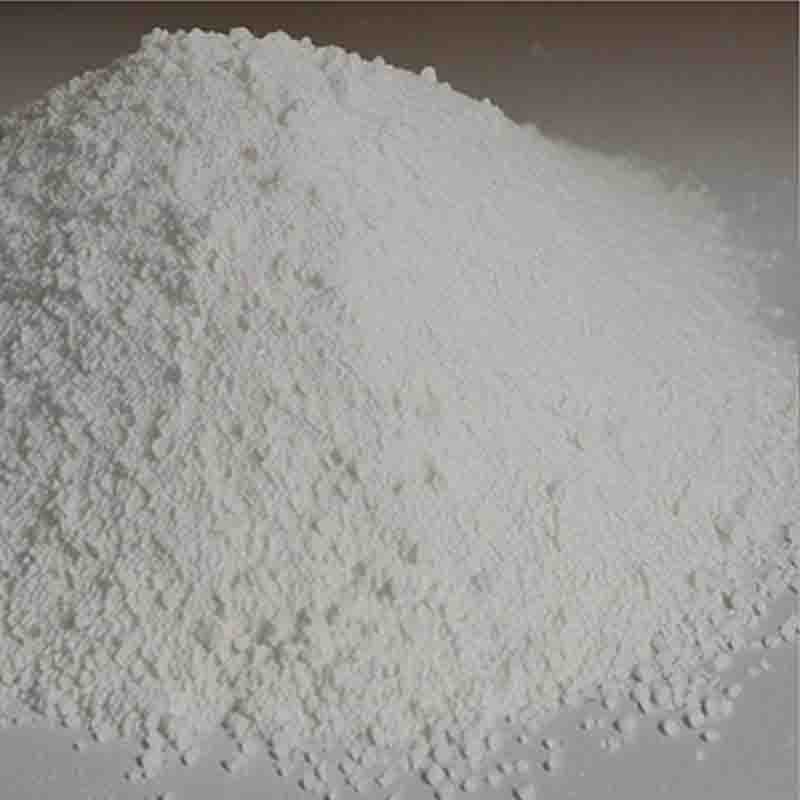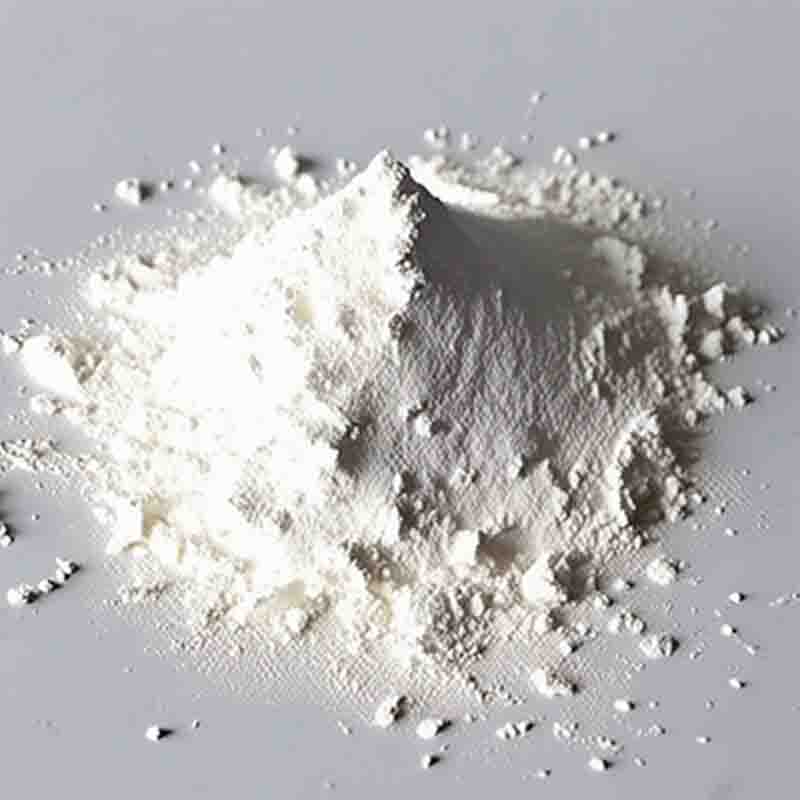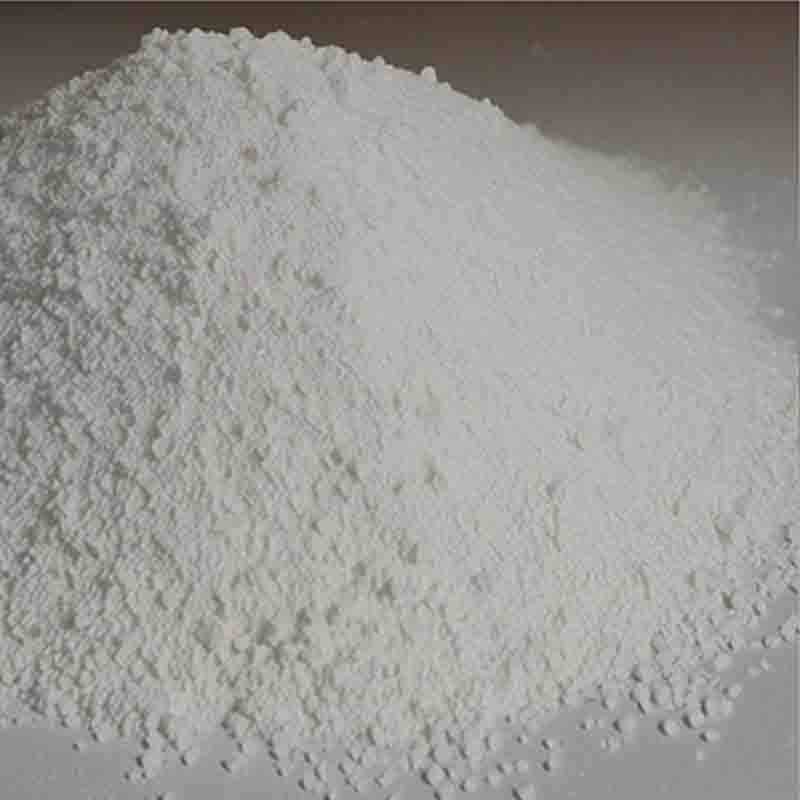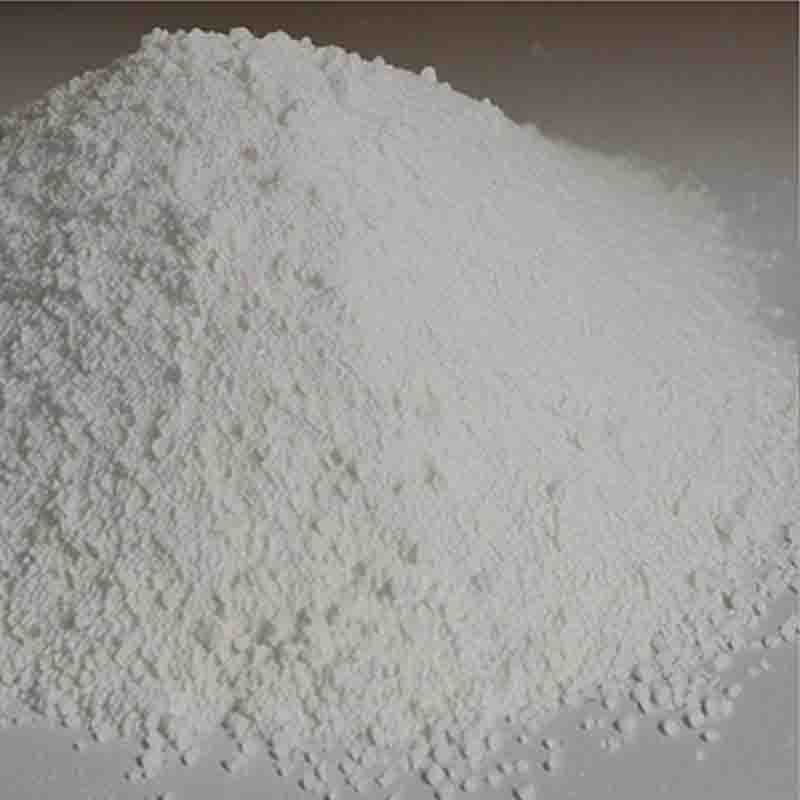5-Azacytosine CAS:931-86-2
| Catalog Number | XD95808 |
| Product Name | 5-Azacytosine |
| CAS | 931-86-2 |
| Molecular Formula | C3H4N4O |
| Molecular Weight | 112.09 |
| Storage Details | Ambient |
Product Specification
| Appearance | White powder |
| Assay | 99% min |
5-Azacytosine is a synthetic compound that is structurally related to the naturally occurring nucleobase cytosine. This modification involves replacing the nitrogen atom at the 5-position of cytosine with a carbon atom. This alteration gives rise to unique properties and effects.One important effect of 5-azacytosine is its ability to inhibit DNA methylation. DNA methylation is a process by which a methyl group is added to the cytosine residue in DNA, often resulting in gene silencing. 5-azacytosine can act as a demethylating agent by incorporating itself into the DNA during replication. This incorporation prevents DNA methyltransferases, the enzymes responsible for DNA methylation, from recognizing the modified cytosine. As a result, the methylation of DNA is inhibited, leading to reactivation of silenced genes. This property of 5-azacytosine has been utilized in epigenetic research and cancer therapy, as it can potentially reverse the abnormal DNA methylation patterns often observed in cancer cells.Additionally, 5-azacytosine has been studied for its potential antitumor effects. Research has shown that 5-azacytosine, either alone or in combination with other drugs, can induce cell cycle arrest and apoptosis in cancer cells. It exerts these effects by interfering with DNA replication and repair processes. By incorporating into DNA, 5-azacytosine can cause errors during DNA synthesis, leading to replication stress and genomic instability. This ultimately results in the death of rapidly dividing cancer cells. This property of 5-azacytosine has made it an attractive candidate for cancer treatment and targeted therapy.Furthermore, 5-azacytosine has been investigated for its immunomodulatory properties. Studies have shown that it can modulate the immune response by influencing the expression of immune-related genes. This modulation can enhance the immune system's ability to recognize and eliminate cancer cells. Additionally, 5-azacytosine has been shown to increase the sensitivity of cancer cells to immune checkpoint inhibitors, which are drugs that activate the immune system against cancer cells. This suggests that 5-azacytosine may have potential in combination therapy approaches for cancer treatment.It is worth noting that the use of 5-azacytosine in clinical settings should be done under the guidance of medical professionals due to its potential side effects. These may include gastrointestinal disturbances, bone marrow suppression, and liver toxicity. Close monitoring and appropriate dosage adjustments are necessary to ensure its safe and effective use.In conclusion, 5-azacytosine exhibits various effects that make it a valuable tool in epigenetic research and cancer therapy. Its ability to inhibit DNA methylation, induce cell cycle arrest and apoptosis, and modulate the immune response has promising implications in the fields of cancer treatment and immunotherapy. However, further research is necessary to fully understand its mechanisms and optimize its use for therapeutic applications.









